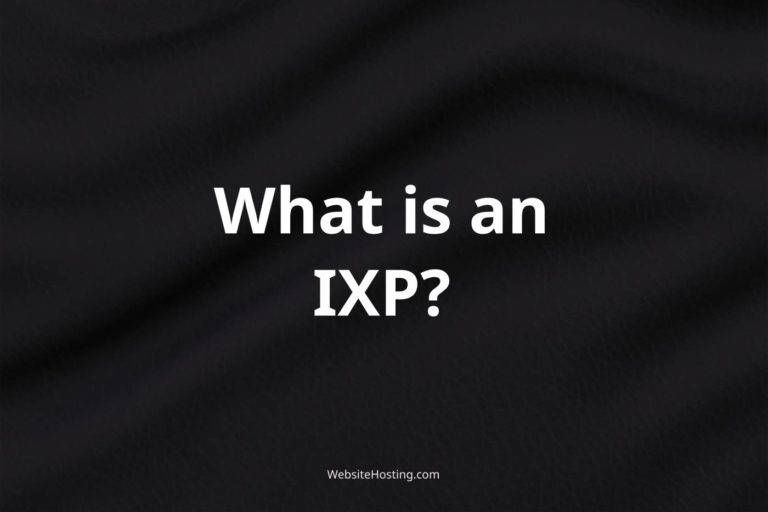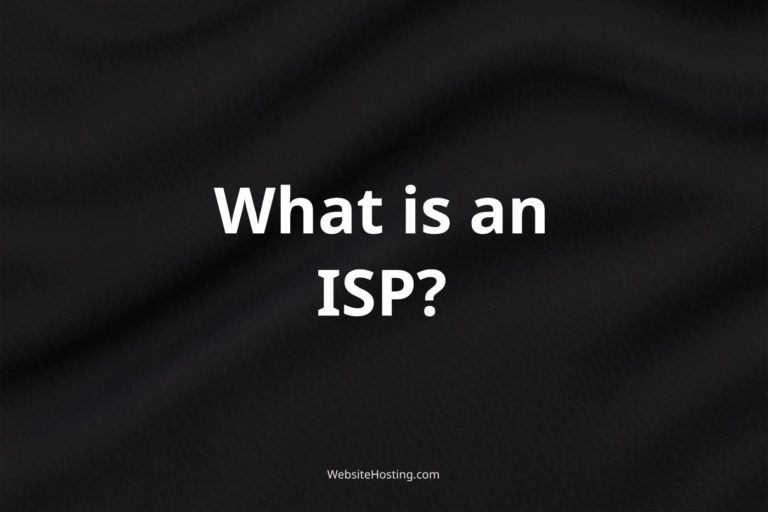Here’s a brief info of what a server CPU is, how it works in web hosting, and what factors to consider when selecting a CPU for your server.
What is a server CPU?
A server CPU is a processing chip that performs calculations and executes instructions to run applications and processes on a server. It is the brain of the server, responsible for managing tasks and ensuring smooth operations.
How does a server CPU work in web hosting?
A server CPU works by receiving instructions from software applications and translating them into actions. It consists of a control unit, an arithmetic logic unit, and a cache memory, which work together to execute tasks efficiently.
What are some factors to consider when selecting a server CPU for web hosting?
Some factors to consider when selecting a server CPU for web hosting include:
- The number of cores: More cores generally mean more processing power.
- Clock speed: Faster clock speeds result in faster processing times.
- Cache size: Larger cache sizes can improve performance by allowing for faster access to frequently used data.
- Power consumption: Lower power consumption can reduce costs and improve energy efficiency.
- Compatibility: The CPU must be compatible with the server hardware and software.
Common questions about server CPU in web hosting:
How many cores do I need for my server CPU?
The number of cores needed for a server CPU depends on the workload and applications being run. More cores generally mean more processing power, but it’s important to consider factors like power consumption and compatibility.
Can I upgrade my server CPU?
In some cases, it may be possible to upgrade your server CPU, but it depends on the hardware and compatibility. It’s important to consult with a professional before attempting an upgrade.
What is CPU benchmarking and why is it important?
CPU benchmarking is the process of testing and comparing the performance of different CPUs. It’s important in web hosting to ensure that the CPU can handle the workload and meet performance requirements.
What is overclocking and should I do it?
Overclocking is the process of increasing the clock speed of a CPU to improve performance. While it can improve performance, it can also increase power consumption and cause stability issues. It’s not recommended for novice users.
How can I improve the performance of my server CPU?
There are several ways to improve the performance of a server CPU, including upgrading to a faster CPU or adding more RAM, optimizing software and applications, and implementing performance-tuning techniques. It’s important to consult with a professional before making any changes.
Related terms:
Some related terms to server CPU include:
- Processor
- Multi-core processor
- Clock speed
- Cache memory
- Overclocking
- Hyper-threading
- Virtualization
- CPU benchmarking
- Intel Xeon
- AMD EPYC
What are some popular server CPU brands?
Notable brands:
- Intel Xeon
- AMD EPYC
- ARM Neoverse
- IBM Power
- Qualcomm Centriq




